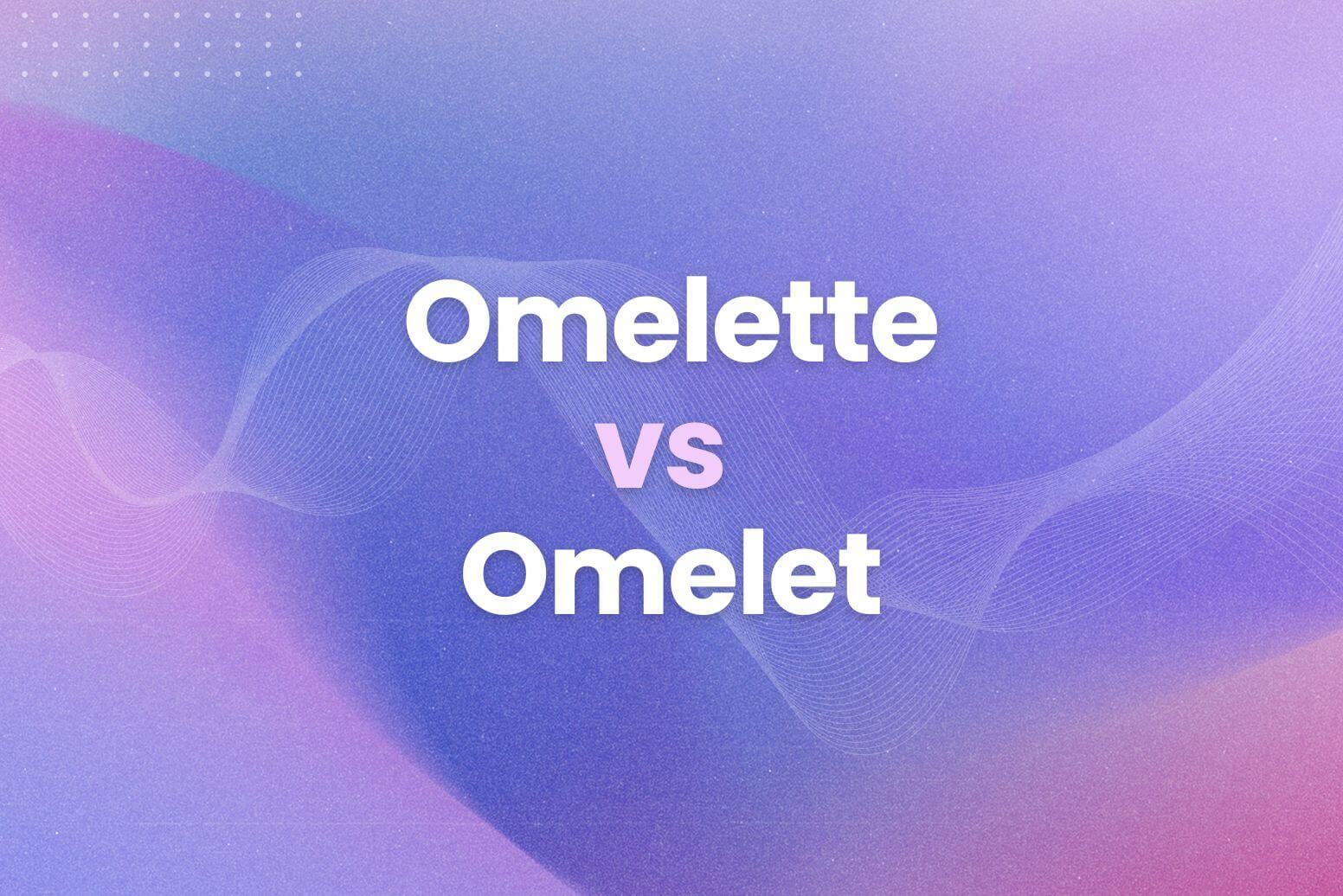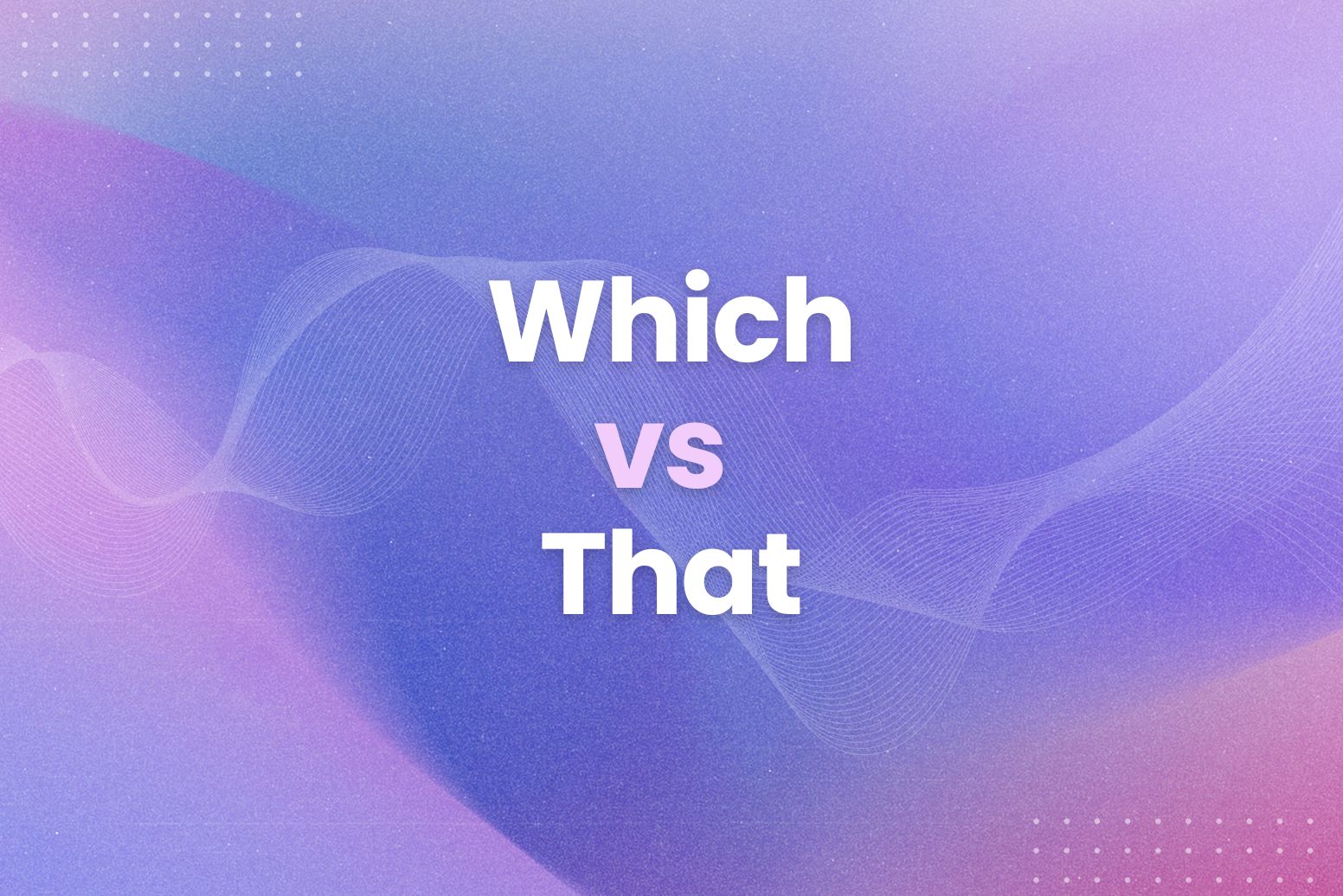You’ve likely heard it both ways. Omelette vs Omelet. Is there a right or wrong? This simple breakfast staple causes surprisingly strong opinions.
We’ll settle the debate once and for all. Here’s what we’ll cover:
- The history of the word
- Regional variations in pronunciation and spelling
- The definitive answer: omelette vs omelet
- How to finally win this breakfast battle
So, grab your whisk, and let’s get cracking.
The History of the Word
The word “omelette” has a fascinating history, stretching back centuries. It’s not just a breakfast food; it’s a linguistic journey. The word’s origins are debated, but most agree it comes from the French omelette. This French term, in turn, may derive from oeuf, the French word for egg. Makes sense, right?
However, some believe the word’s roots lie elsewhere. They point to the Latin ovum, also meaning egg. This Latin connection suggests a longer, more complex etymological path. Furthermore, variations of the word exist across different languages. For example, the Spanish tortilla and the Italian frittata are similar egg-based dishes, reflecting the shared culinary heritage.
So, the next time you’re flipping an omelette, you’re participating in a centuries-old linguistic and culinary tradition. It’s more than just breakfast; it’s history on a plate.
Regional Variations in Pronunciation and Spelling
While the French spelling omelette is widely normal, regional variations exist, especially in American English. You’ll often see omelet used in the United States. This difference isn’t just about spelling; it also affects pronunciation.
In most of the English-speaking world, “omelette” is pronounced with three syllables: OM-uh-let. However, in some parts of the U.S., you might hear it pronounced with two syllables: OM-let. This two-syllable pronunciation often accompanies the omelet spelling.
So, the spelling and pronunciation often go hand-in-hand, varying by region. It’s a clear example of how language evolves and adapts across different communities. These regional differences add a unique flavor to the language, much like different ingredients enhance an omelette.
The Definitive Answer: Omelette vs Omelet
So, which is correct: omelette or omelet? The short answer is: both. While omelette is the more internationally recognized spelling, omelet is perfectly acceptable in American English. Think of it like “color” and “colour”—both are correct in their respective regions.
Dictionaries recognize both spellings, acknowledging the regional differences. Therefore, you won’t be wrong using either one. The key is consistency. Choose one spelling and stick with it. If you’re writing for a global audience, omelette might be the safer bet. However, if your audience is primarily American, omelet is perfectly fine. Ultimately, the choice is yours. It’s like choosing your favorite omelette filling—personal preference reigns supreme. Just don’t put ketchup on it; that’s a debate for another day.
Speaking of getting things right, have you ever struggled with grammar while writing about food? Arvin, the AI-powered browser extension, can be a lifesaver. It uses GPT-4 to help you with your writing. You can use it to check your grammar and spelling, ensuring your culinary creations are described perfectly. It’s a handy tool for any food blogger or recipe writer.
How to Finally Win This Breakfast Battle
Let’s be honest, the omelette vs omelet debate is more about fun than anything else. It’s a chance to show off your culinary knowledge and regional pride. So, how do you win this breakfast battle? Here are a few tips:
- Be confident: Stand firm in your chosen spelling and pronunciation. Remember, both are correct.
- Back up your claims: If someone challenges your spelling, cite a dictionary or reference source. It’s always good to be prepared.
- Embrace the differences: Celebrate the regional variations in spelling and pronunciation. It’s what makes language interesting.
- Most importantly, have fun! This is a friendly debate, not a life-or-death situation. Enjoy the opportunity to share your culinary knowledge and personality.
Remember, the best omelette is the one you enjoy. So, whether you’re Team Omelette or Team Omelet, savor your breakfast and savor the victory. After all, the true winner is the one with the tastiest omelette.
Breakfast Battles and Beyond: Arvin’s Got Your Back
The omelette vs omelet debate is finally settled. Both spellings are correct, depending on where you are. Now, go forth and conquer your kitchen.
Here’s a quick recap on omelette vs omelet:
- “Omelette” is the internationally recognized spelling.
- “Omelet” is common in American English.
- Pronunciation varies regionally.
- Consistency is key.
Furthermore, whether you’re writing a blog post about breakfast, crafting the perfect recipe, or just trying to win a friendly argument, clear communication is essential.
Arvin, the AI-powered browser extension, can help you express yourself flawlessly. It’s like having a grammar expert at your fingertips, ensuring your writing is always on point. Therefore, use Arvin to make your content shine, from omelets to essays.
FAQs About Omelette vs Omelet
What’s the difference between omelette and omelet?
The core difference is purely spelling. “Omelette” is the more widely recognized and used spelling internationally, aligning with its French origins.
“Omelet,” on the other hand, is the common spelling in American English. Essentially, they refer to the same delicious dish – a beaten egg mixture cooked in a pan, often with fillings. Think of it like “gray” and “grey”—both are correct, just used in different places.
Why is omelette spelled two different ways?
The two spellings arose due to regional variations in language and how words evolve over time. The French spelling, “omelette,” stuck in most parts of the world.
However, in the United States, a simplified spelling, “omelet,” became popular. This kind of variation isn’t unique to omelets. Many words have different spellings in American English compared to British or other forms of English. It’s a natural part of language development.
How do you spell omelet in Canada?
In Canada, the spelling generally follows British English conventions. Therefore, “omelette” is the more common and accepted spelling. While you might see “omelet” occasionally, especially in American publications or near the border, “omelette” is the standard Canadian spelling.
Is omelette a French word?
Yes, the word “omelette” is indeed French. It comes from the French word omelette, and its roots can likely be traced back further to the French word for egg, oeuf. This French origin explains why “omelette” is the dominant spelling in many parts of the world. The dish itself also has a strong association with French cuisine.






